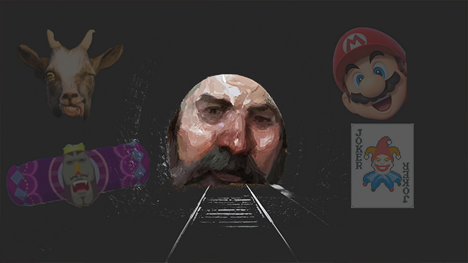Meta expanding mixed reality ecosystem under Meta Horizon OS banner
The company wants third-party hardware makers to leverage the platform, and is reworking key features including the Meta Quest Store and Horizon social layer.
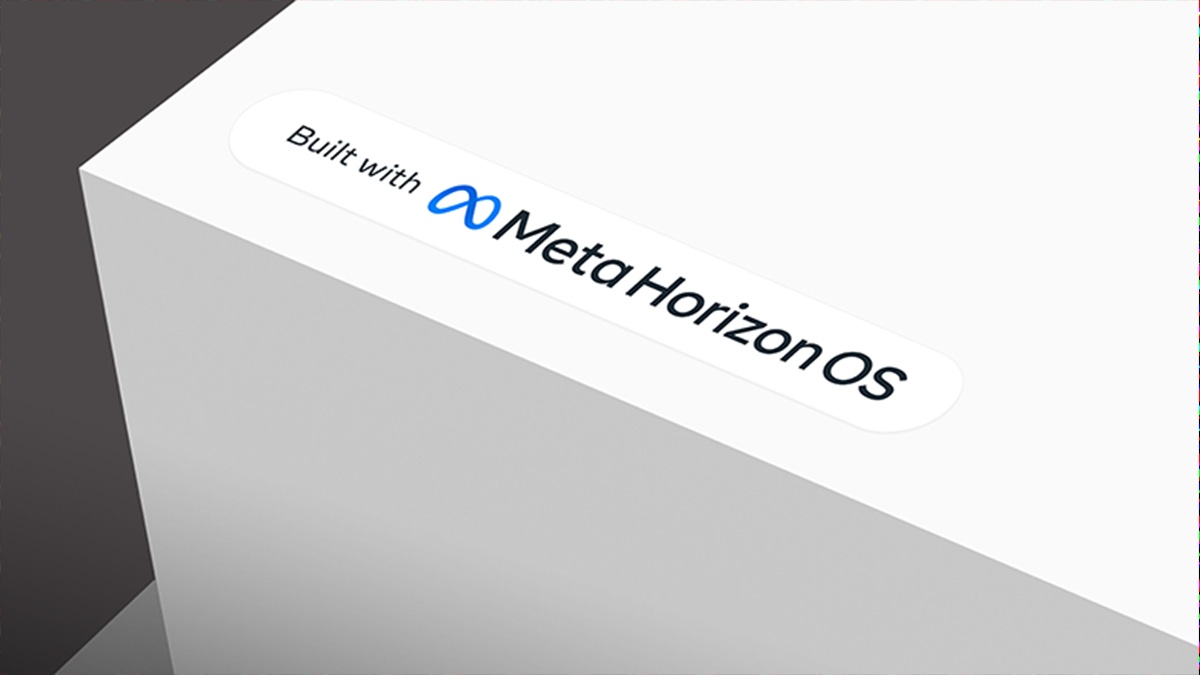
Meta wants to make it easier for developers to find success on Meta Quest by expanding the footprint of its Meta Horizon OS.
The Facebook-owner-turned-metaverse-pioneer said it's opening up the operating system to third-party hardware makers to give consumers more choice and create a "larger ecosystem for developers."
"We're working with leading global technology companies to bring this new ecosystem to life and making it even easier for developers to build apps and reach their audiences on the platform," wrote the company in a blog post.
Meta explained that Meta Horizon OS is already being leveraged by companies including Lenovo, ASUS, and Xbox–the latter of which already teamed with Meta to bring Xbox Cloud Gaming to Meta Quest. Now, Meta and Xbox are working together to create a limited-edition Meta Quest inspired by Xbox.
Lenovo, meanwhile, is developing mixed reality devices for productivity, learning, and entertainment. Asus plans to build a new "performance gaming headset."
"Meta Horizon OS is the result of a decade of work by Meta to build a next-generation computing platform. To pioneer standalone headsets, we developed technologies like inside-out tracking, and for more natural interaction systems and social presence, we developed eye, face, hand, and body tracking. For mixed reality, we built a full stack of technologies for blending the digital and physical worlds, including high-resolution Passthrough, Scene Understanding, and Spatial Anchors," wrote Meta.
"This long-term investment that began on the mobile-first foundations of the Android Open Source Project has produced a full mixed reality operating system used by millions of people."
Meta is tweaking key aspects of its platform as it expands Meta Horizon OS. The Meta Quest Store will be rebranded as the Meta Horizon Store, and the company is also extending the "Horizon social layer" currently powering Meta Quest hardware across its new ecosystem.
"[Our social layer] enables people’s identities, avatars, and friend groups to move with them across virtual spaces and lets developers integrate rich social features into their apps. And because this social layer is made to bridge multiple platforms, people can spend time together in virtual worlds that exist across mixed reality, mobile, and desktop devices," continued the company. "Meta Horizon OS devices will also use the same mobile companion app that Meta Quest owners use today—we’ll rename this as the Meta Horizon app."
Meta removing barriers to create "a more open app ecosystem"
To help developers reach more users as it expands Meta Horizon OS, Meta intends to remove barriers between the Meta Horizon Store and App Lab, which lets any developer who meets technical and content requirements ship software on the platform.
App Lab titles will soon be given their own dedicated section of the Meta Horizon Store to enhance discoverability. Meta is also developing a new spatial app framework to help mobile developers create mixed reality experiences. "Developers will be able to use the tools they’re already familiar with to bring their mobile apps to Meta Horizon OS or to create entirely new mixed reality apps," it added.
The company stressed that Meta Horizon OS will "continue to give people more choice in how to access apps" because it won't be restricting users to titles from its own Meta Horizon Store.
"There are multiple ways to access great content on Meta Horizon OS, including popular gaming services like Xbox Game Pass Ultimate, or through Steam Link or our Air Link system for wirelessly streaming PC software to headsets," continued Meta. "And we encourage the Google Play 2D app store to come to Meta Horizon OS, where it can operate with the same economic model it does on other platforms."
Meta said the bottom line here is that consumers and developers alike will benefit the most from an ecosystem then enables multiple hardware makers to build on a common platform, and suggested this type of expansive ecosystem will become "the future of mixed reality."
For more information on Meta Horizon OS, visit the Meta website.
Read more about:
Top StoriesAbout the Author(s)
You May Also Like



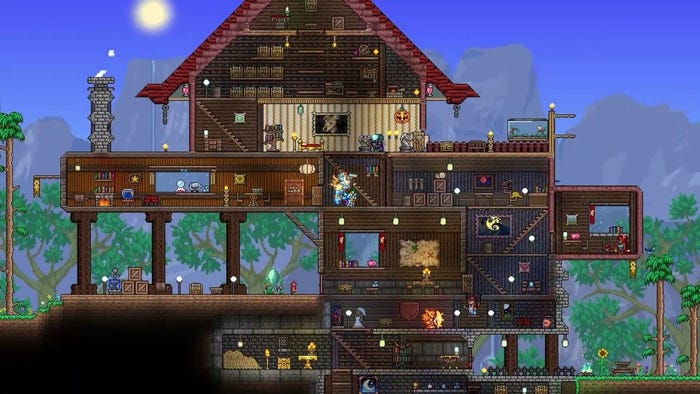
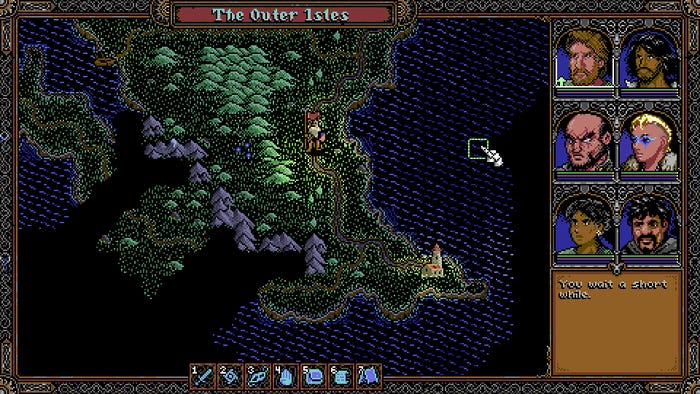


.jpeg?width=700&auto=webp&quality=80&disable=upscale)


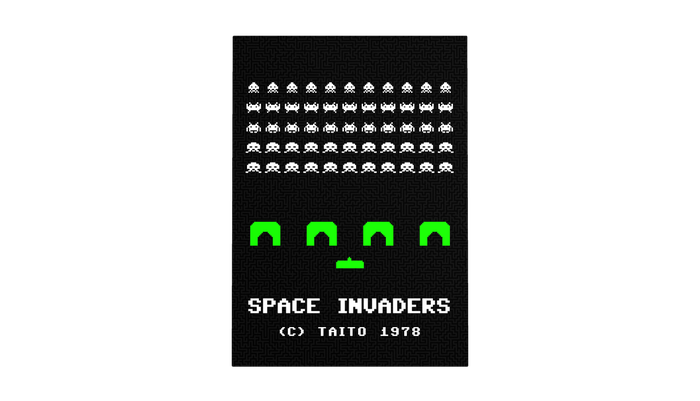
.jpg?width=700&auto=webp&quality=80&disable=upscale)
